Refugee nurses: The Jewish women who fled tyranny to become angels of the NHS
Stephen Oryszczuk hears tributes to a band of heroines who, despite being called ‘enemy aliens’, made a defining contribution to Britain’s health service
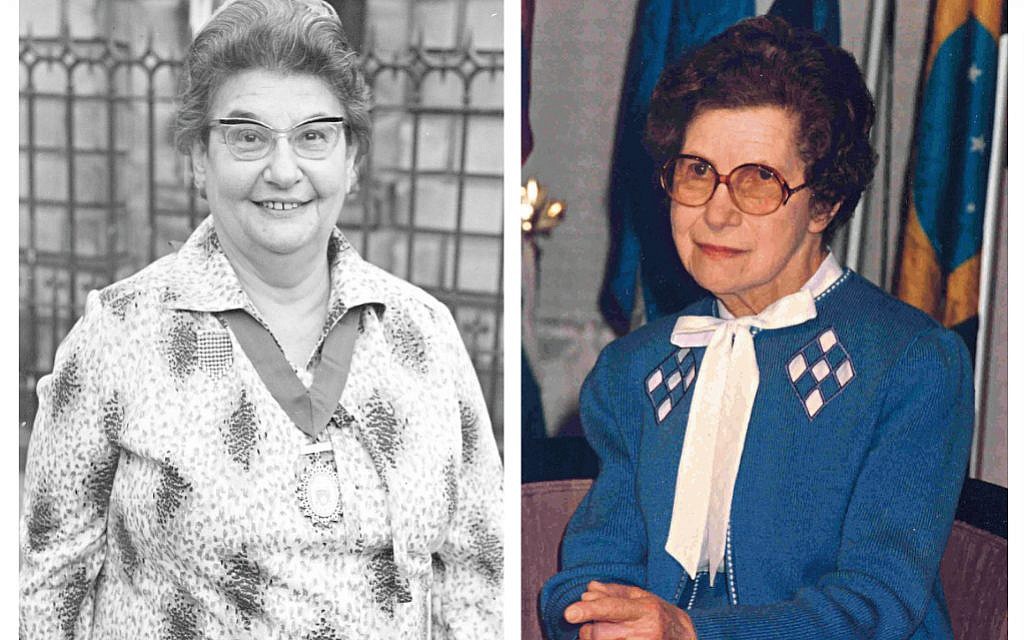
In a room at the Royal College of Nursing’s historic Cavendish Square head office, I sit quietly waiting for a talk to begin. In front of me is a 98-year-old Vienna-born Jewish woman, just back from visiting her daughter in Brighton.
Her name is Margaret, still sharp as a pin despite her years. She came to the UK just before the war and became a nurse. She is here to listen to Dr Jane Brooks from the University of Manchester, who is researching the contribution of the 914 young Jewish women like Margaret who fled Nazi Europe to become trained nurses, midwives and probationers here.
Of these, 130 were Czech and 784 German or Austrian. Brooks says they were incredible – and under-appreciated.
Get The Jewish News Daily Edition by email and never miss our top stories Free Sign Up
“Much has been written about male refugees who were doctors, lawyers, scientists and businessmen, and there is a growing body of research on women who entered Britain on domestic service visas,” Brooks says.
“But little has been written about this small, but arguably significant cohort of women.” Margaret nods in agreement.
The late Walter Lacquer, Holocaust historian and former director of the Wiener Library, called this “a remarkable generation” who made their mark in the countries they made their home but also internationally.
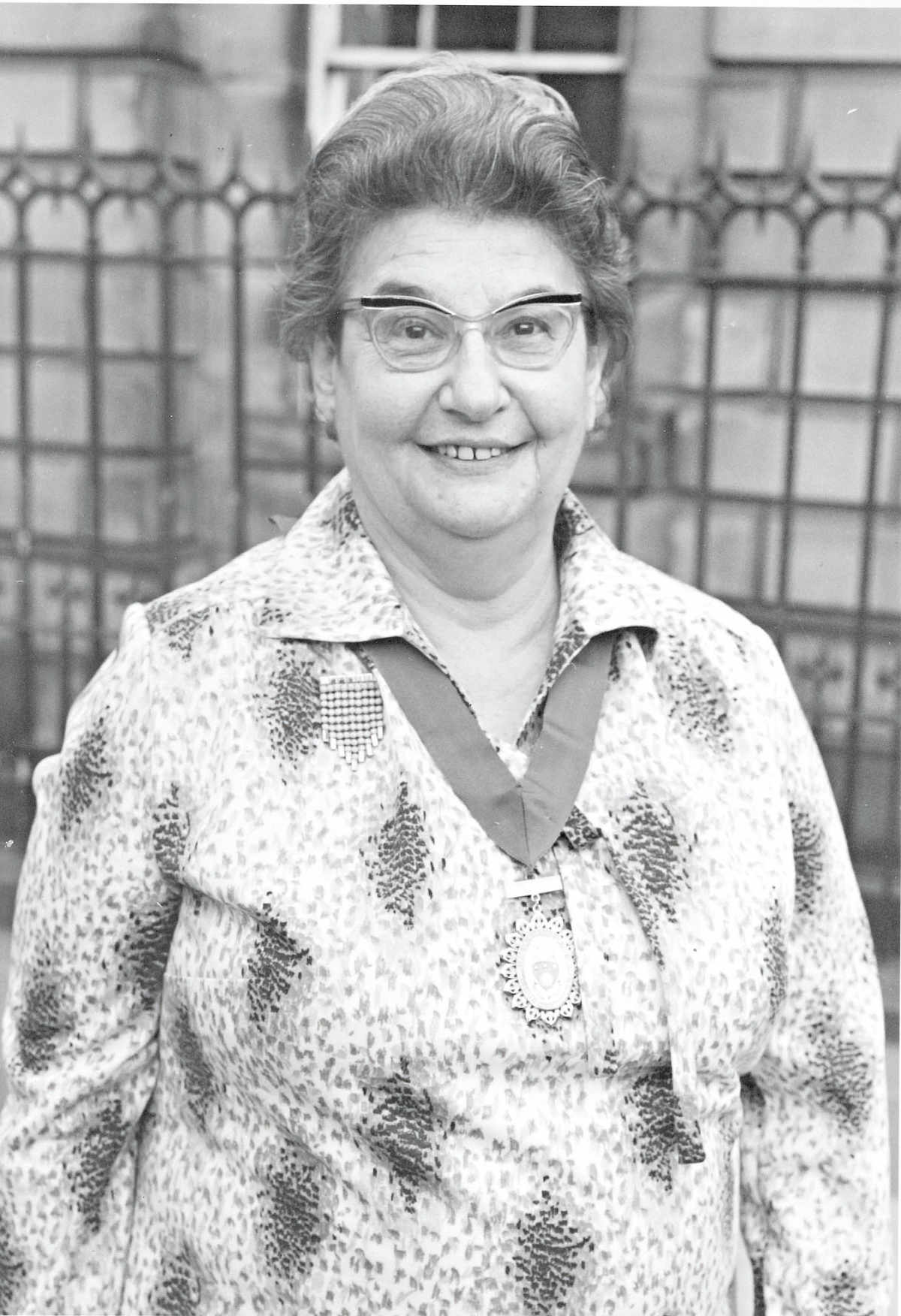
Brooks says the European Jewish women who came to nurse were no different.
Annie Altschul, studying maths and physics in Austria to prepare for a teaching career, fled to the UK when war broke out, becoming a nanny before entering nursing.
She later pioneered psychiatric nursing research and became the UK’s first professor of mental health nursing and a staunch advocate of voluntary euthanasia. Her reports are still among the most globally cited.
Lisbeth Hockey, daughter of a government architect in Vienna, was training as a doctor when – as a non-Aryan – she was forced to leave university.
She was brought to the UK by the Quakers, worked as a governess for the Wedgwood family, then entered the London Hospital as a student in 1938, later becoming the country’s first director of nursing research.
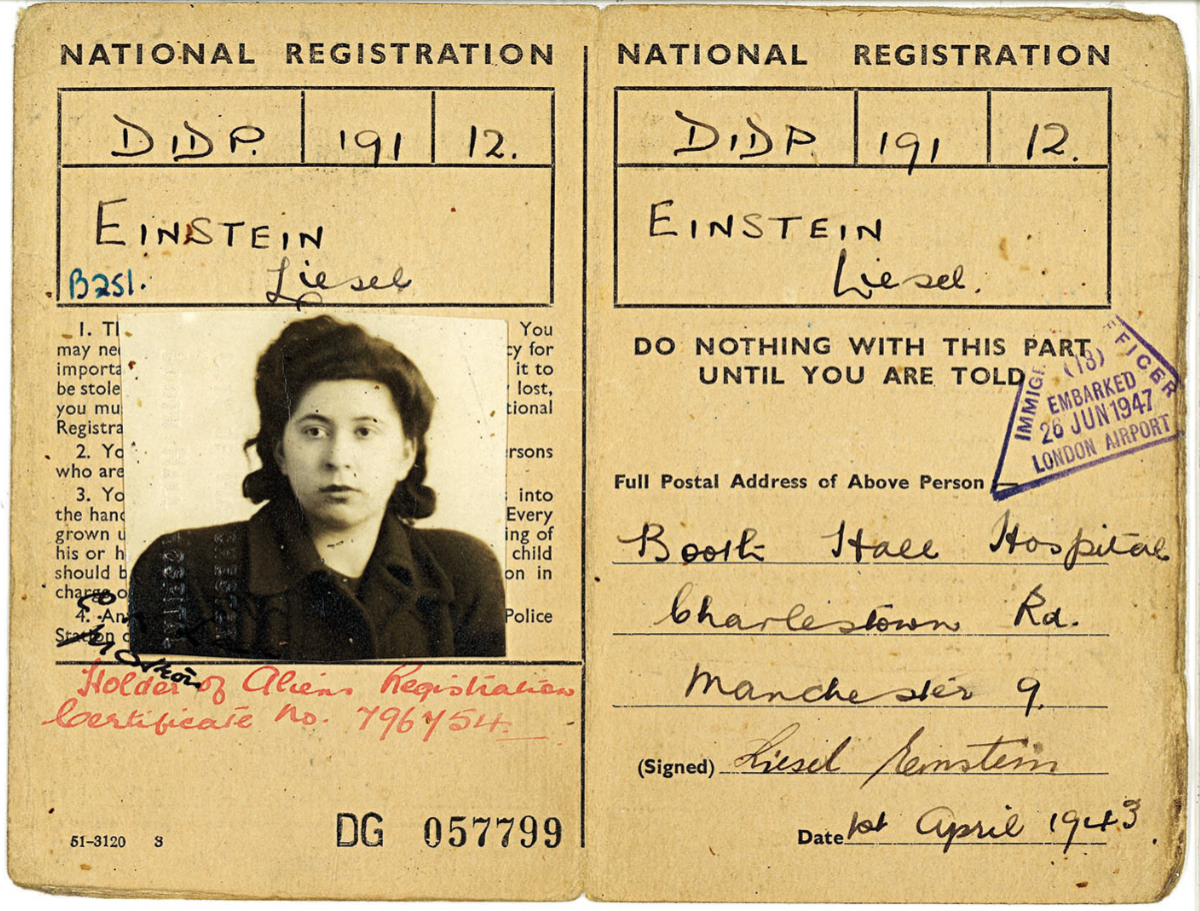
“I’d wanted to be a doctor and tried to get into medicine here, but there was no way because I was a woman,” she recalls in her oral history, now archived at the RCN.
“In those days, it was very rare for women to get into medicine. I also wasn’t a British subject and had no money, so there were three conditions which just made it totally impossible.” The Wedgwoods advised her to try nursing instead. “I would never advise a person who wanted to be a doctor to go into nursing… However, I did follow that advice,” she says.
There are many other examples. Marion Ferguson, first director of nursing studies at Bedford College; Charlotte Kratz, an early pioneer of the department of nursing at the University of Manchester; and Ingelore Czarlinski, who arrived on the Kindertransport in July 1939 and later supported the birth of Prince Charles.
“These and countless others supported the newly-formed NHS and created vital spaces for themselves in hospitals and in public health work,” says Brooks.
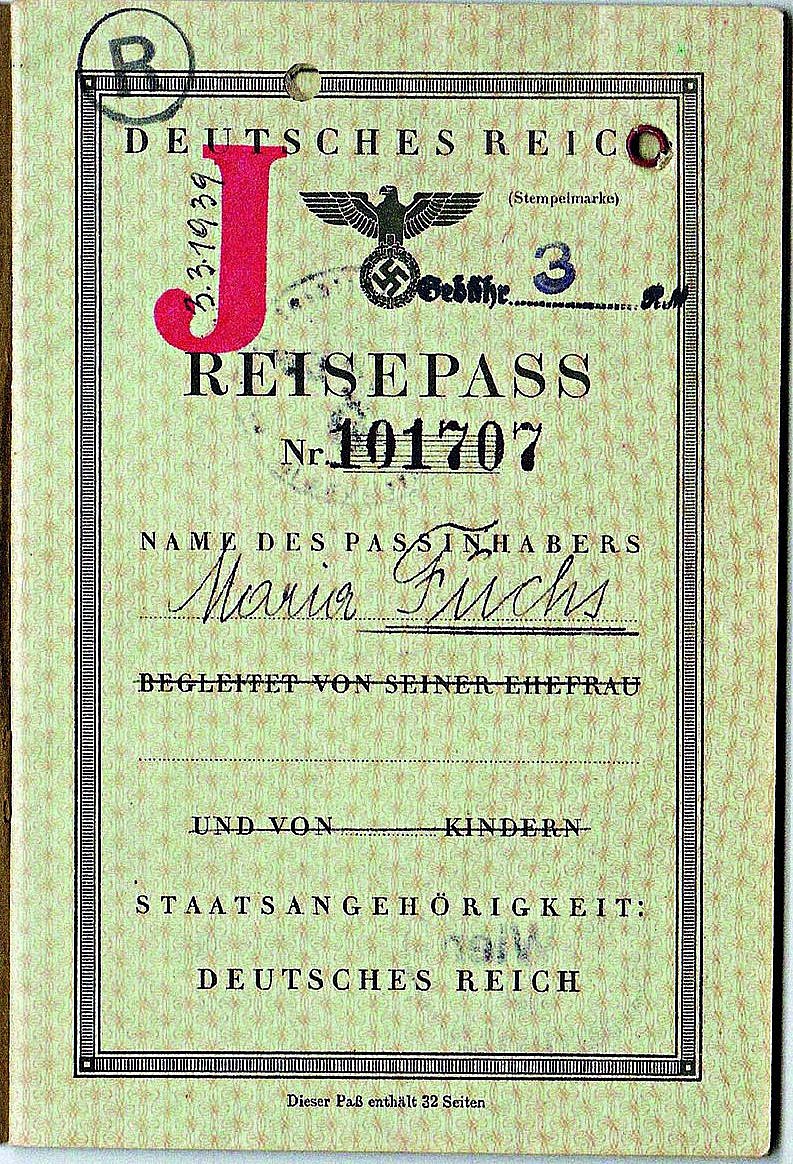
Progress was not easy. The Jewish Refugee Committee, established in 1933 in London, set up a nursing and midwifery sub-committee to help Jewish refugees become nurses, but in 1940 the national mood changed.
Amid fears of fifth columnists and enemy invasion, nurses including Altschul and Hockey were dismissed as “enemy aliens”. The nurses from Dalston Hospital, known as The German Hospital, were interned.
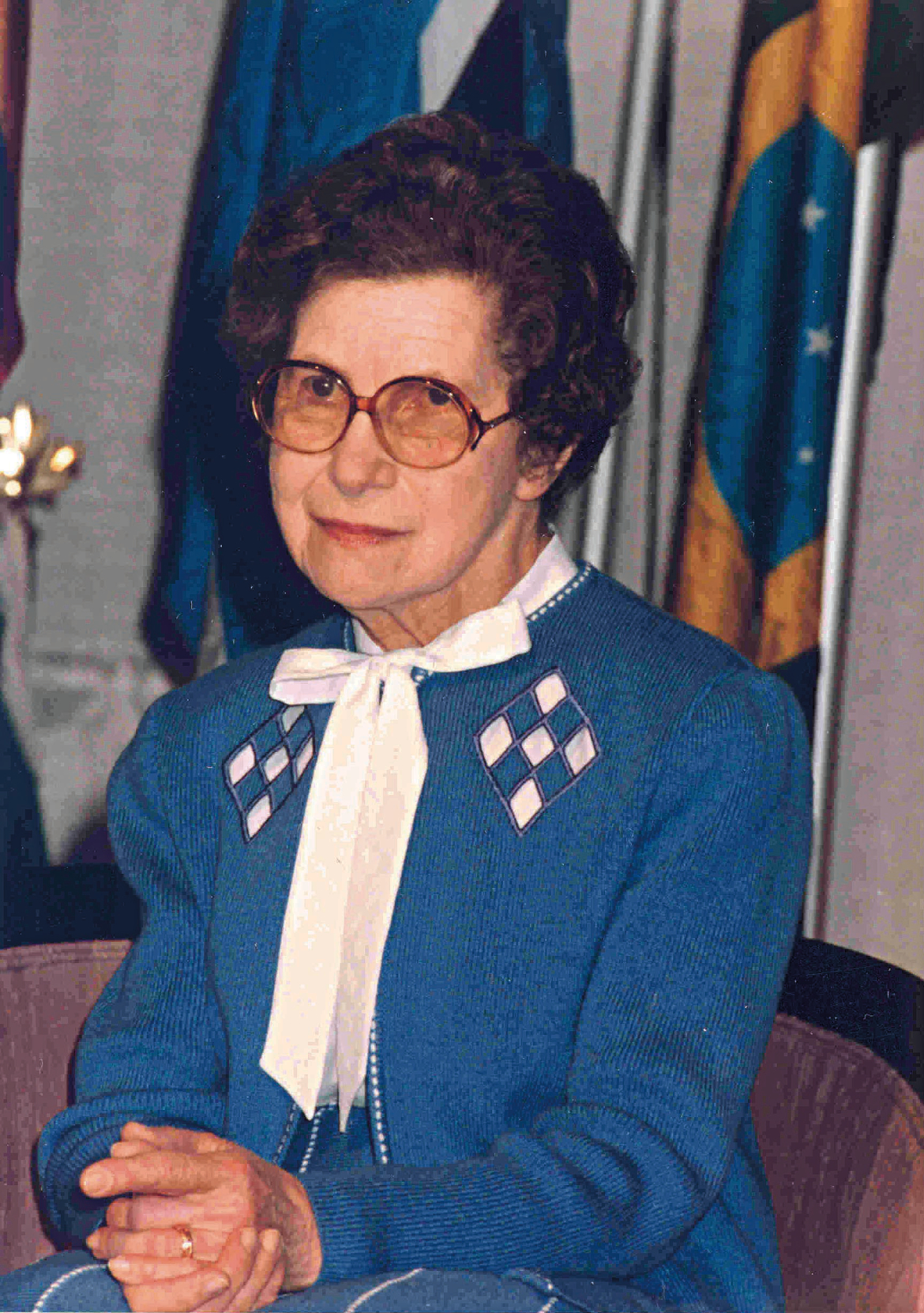
Pressured by matrons, the Home Office allowed some to return to their jobs, but for some Jewish refugees the snub could not be forgotten. Among them was nurse Kitty Schafer, dismissed from her beloved job at East Croydon General Hospital, because it was close to the airport. “I took everything personally and was extremely upset,” she recalls.
Brooks says: “Paradoxically, it was those refugees least wedded to nursing who sought new positions when restrictions were lifted, whereas those who felt a real love for the work were too saddened by the actions of the government.”
Then as now, it seems we don’t appreciate what we have until we lose it. Closing her presentation, Brooks says: “I did not begin this research because of the current climate, but its resonance is never far from my mind. We live in a time of an unprecedented refugee crisis… I hope this study offers lessons on the value that should be placed on those who have come from overseas and supported the healthcare needs of our nation.”
Listen to this week’s episode of The Jewish Views podcast!

Thank you for helping to make Jewish News the leading source of news and opinion for the UK Jewish community. Today we're asking for your invaluable help to continue putting our community first in everything we do.
For as little as £5 a month you can help sustain the vital work we do in celebrating and standing up for Jewish life in Britain.
Jewish News holds our community together and keeps us connected. Like a synagogue, it’s where people turn to feel part of something bigger. It also proudly shows the rest of Britain the vibrancy and rich culture of modern Jewish life.
You can make a quick and easy one-off or monthly contribution of £5, £10, £20 or any other sum you’re comfortable with.
100% of your donation will help us continue celebrating our community, in all its dynamic diversity...
Engaging
Being a community platform means so much more than producing a newspaper and website. One of our proudest roles is media partnering with our invaluable charities to amplify the outstanding work they do to help us all.
Celebrating
There’s no shortage of oys in the world but Jewish News takes every opportunity to celebrate the joys too, through projects like Night of Heroes, 40 Under 40 and other compelling countdowns that make the community kvell with pride.
Pioneering
In the first collaboration between media outlets from different faiths, Jewish News worked with British Muslim TV and Church Times to produce a list of young activists leading the way on interfaith understanding.
Campaigning
Royal Mail issued a stamp honouring Holocaust hero Sir Nicholas Winton after a Jewish News campaign attracted more than 100,000 backers. Jewish Newsalso produces special editions of the paper highlighting pressing issues including mental health and Holocaust remembrance.
Easy access
In an age when news is readily accessible, Jewish News provides high-quality content free online and offline, removing any financial barriers to connecting people.
Voice of our community to wider society
The Jewish News team regularly appears on TV, radio and on the pages of the national press to comment on stories about the Jewish community. Easy access to the paper on the streets of London also means Jewish News provides an invaluable window into the community for the country at large.
We hope you agree all this is worth preserving.
-
By Brigit Grant
-
By Laurent Vaughan - Senior Associate (Bishop & Sewell Solicitors)
-
By Laurent Vaughan - Senior Associate (Bishop & Sewell Solicitors)
-
By Laurent Vaughan - Senior Associate (Bishop & Sewell Solicitors)
-
By Laurent Vaughan - Senior Associate (Bishop & Sewell Solicitors)





















